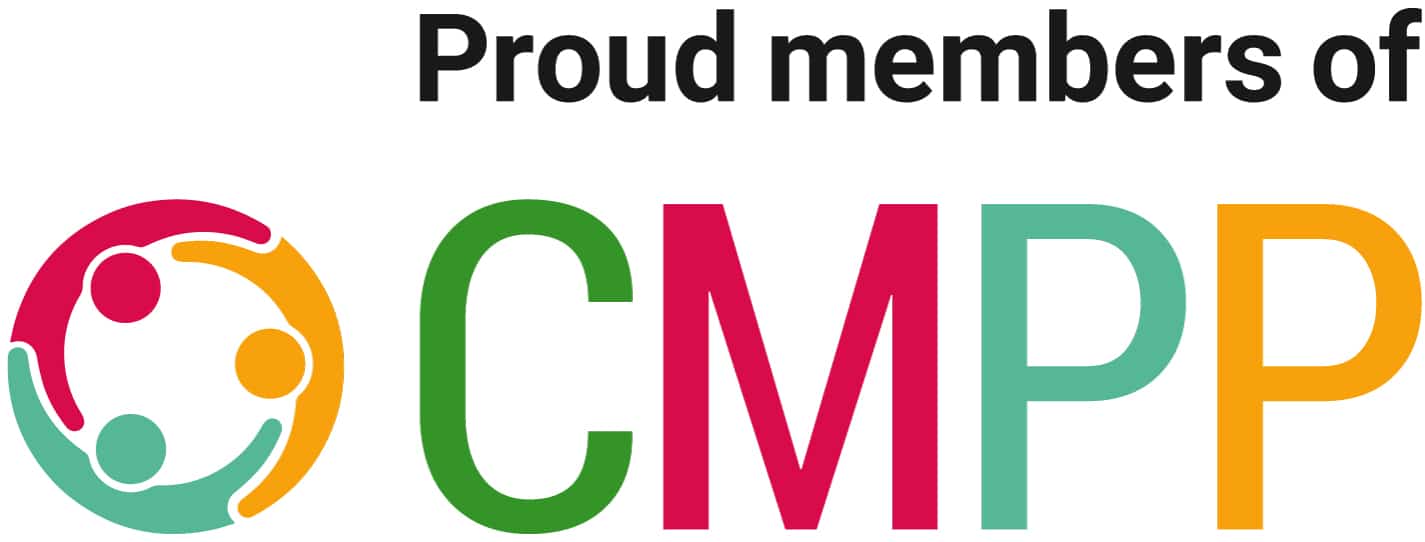- June 27th 2013
- SEO
How Google Thinks in 2013

The way Google thinks really influences how it looks at your website, and decides if it’s worth ranking on page 1…or page 2 and beyond. Google also frequently changes its mind about what is good on the web, and what’s not. In this article, I give my humble view on what Google is liking in 2013, and 3 changes business owners can make to their website to make it more Google-friendly.
Google is an Immature Teenager
Although Google started life in 1996, it didn’t really become widely used until Yahoo! started using it as it’s search engine in 2000. So that’s only 13 years ago! And just like a 13 year old teenager, Google is still learning at an incredible rate, and is still going through growing pains and uncomfortable changes. Do you remember being 13 years old?!
Google is a Machine
We read much about Google in the media. Stuff like:
- Google’s mantra “do no evil” – Google hasn’t mentioned it in years, but the press hasn’t forgotten
- Google makes x squillion in profits this year
- Google privacy issues with various court cases
- Google struggling with freedom of speech and its presence in China.
But away from all the blurb, the core of Google is a computer. A massive computer which scans (“spiders”) all the websites it can find, analyses that data back at Google HQ, then ranks websites for different keywords. And that’s what you see when you search for something on Google. Hugely simplistic, but essentially Google’s raison d’etre is to provide searchers like you and me with the stuff we wanted to find. If they didn’t keep doing that, and do it well, we’d go elsewhere. Right now, 91% of searchers in the UK use Google, so it’s the main search engine of choice.
But the key question is how does Google decide which websites should be listed first?
Google Listens
No-one knows exactly what factors (or signals) google uses to rank websites…except the guys at Google ! If they published this info, then every website owner would change their website to the exact recipe, and Google’s rankings wouldn’t then serve the best, most relevant results.
But the SEO (search engine optimisation) industry (multi-billion pound industry in its own right) knows that Google listens to 100’s of signals from websites. And as soon as SEOs find a new signal they can trick or manipulate, this gets overused, Google don’t like it, and they learn and change their listening strategy. Hence the analogy to a teenage who learns quickly, and changes their mind even more quickly !
So in the past, tricks like keyword cramming, where you put your keyword in as many places on your website as possible, worked. For a time. But have you ever searched for something, then Google found you a website just like this? Completely unreadable and makes you click back to Google and search again.
Google wants to keep you, the searcher, happy. So Google listens much less to things like keywords, which SEOs and website managers can change (the “techies”), and more to the website visitors. Why? It feels that if website visitors prefer one website over another, then it’s highly likely that other people looking for the same thing will also prefer that website. So it moves the preferred website up the rankings. Sounds logical, but how does Google know what website visitors like and don’t like?
Google Chrome
What browser do you open on your PC to access Google and the web? In Europe, it’s split 3 ways pretty much between Internet Explorer (Microsoft), Firefox (Mozilla) and Chrome (Google). Why did Google develop a new free browser in 2008 called Chrome at huge cost, when there is no obvious financial gain? Simply put, as roughly a third of UK internet users use Chrome, they can track their behaviour on different websites. And then use this behaviour to decide how to rank websites.
Key data Google looks at (which you can see in your website’s analytics) is:
- bounce rate. how many visit a page, then exit back to where they were. A 90% bounce rate is bad – 60% is better.
- average time on page. how long does the average visitor spend on each page.
If you have a web page which your visitors stay on for longer and bounce off less than your competitor, it’s highly likely Google will rank that page higher in future. Can you see where this is leading yet?! If you have interesting stuff on your website that your visitors love reading, you’ll get ranked higher and get even more visitors.
So it all comes down to getting great content on your website, be that blog posts, photos, videos, etc.
3 Tips to Get Ranked Higher on Google
1. Write Great Content
Think about writing stuff that doesn’t sell you or your product/service. Think about your perfect client, and what interests them. So if you’re a printer wanting to get more people printing their business cards, don’t write an article pushing your printing services. Write about marketing for small businesses, and what branding/materials is important when first starting a business. If they like your article, they might click on the “contact us” link, and they might become a client. But don’t sell upfront.
2. Enhance Your Current Content
If you look at your current content, what could be changed to hold people on the page longer? Here’s some tips:
- Add a photo – a photo can draw people into a page’s content much quicker, and set the scene
- Add a caption to the photo – people like being told about the photo. Studies show it holds people on a page longer
- Break up the text – reams and reams of unbroken text bore people. Break it up as people scroll down with sub-titles, images, bullet points.
- Write informally – people find natural informal language easier to read
- Link to other pages – if you mention a subject within your prose which is explained more on another page, help your visitor find it – link to it.
- Link to authority websites – if the visitor could be really helped out by a link to another website, don’t be afraid to link. Sites like Wikipedia or BBC News are a great source of info, and Google will reward you for doing this (not penalise as used to be the case).
3. Get your Content Found
Google likes to be able to find an XML sitemap on your website. Sounds technical, but all it is an index of all the pages on your website. The XML format is used rather than normal HTML, as Google’s crawler can scan it much more efficiently.
And if you help Google find your pages with all this lovely interesting content on, then you maximise the chances of people finding those pages in the Google rankings.
Google in a Nutshell
Google trusts website users much more than SEO webmasters to rank websites. And that’s why great content on your website can make the biggest difference to your rankings. Surely that’s how it should be, no?
About The Author:
Geoff Roy has been excited about Search Engine Optimisation ever since his first business experienced massive growth from enquiries generated from just one website. Based in Fleet in Hampshire, Geoff is passionate about getting websites working harder and generating more enquiries and sales. For a complimentary SEO audit of your website, please contact Geoff today.
Leapfrog Internet Marketing | Google+ | LinkedIn | Twitter
- How Does the Google Data Leak Help Us Get Better Rankings? - June 4th 2024
- New: Manage Google Business Profile Manager in Google Search - June 7th 2022
- The Google Page Speed Update: What Can I Do About It? - July 6th 2021


